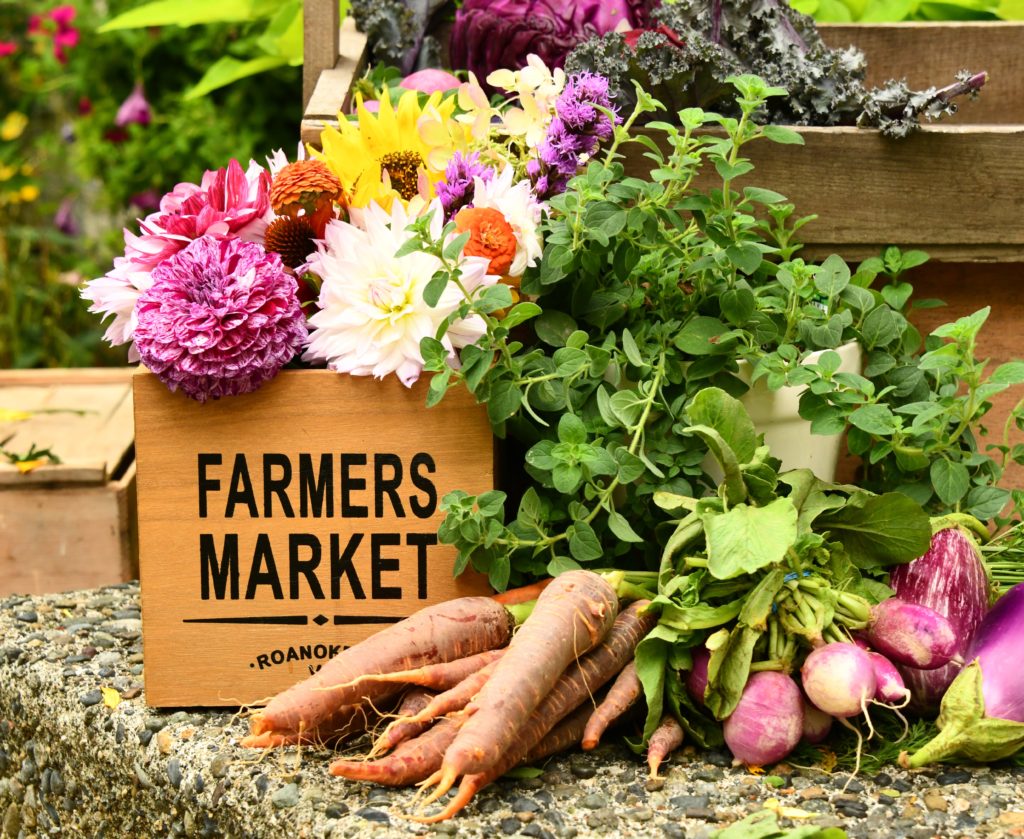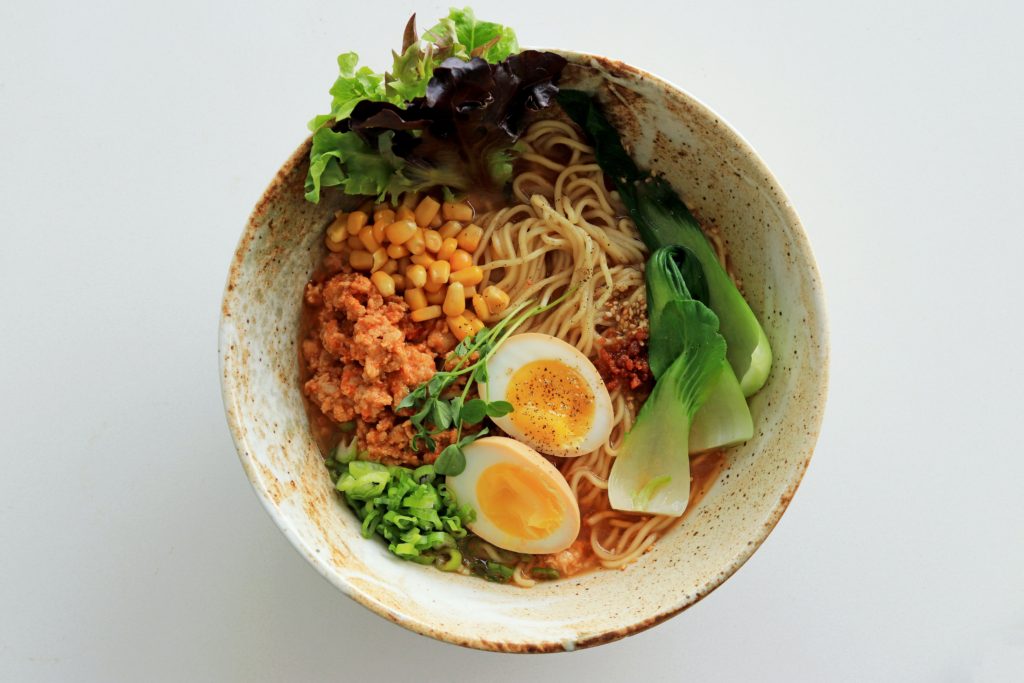My lesson in food shopping

What is one thing every single person does that intimately links our health to the environment?
Eat.
We are interconnected with our ecosystems, nature, and the Earth. When things start sliding off course, it affects us internally. The changing climate impacts weather patterns that can cause floods, droughts, excessive heat, extreme weather events, and food and water insecurity—all of which can affect our health.
Our actions influence our world and there are many things we can do to prevent or slow climate change. For example, we can turn down our air conditioners and buy a more fuel-efficient car so we use less fossil fuel. We can reduce the number of items we purchase, especially those with excessive packaging and that have traveled a long way to get to us. We can sort our waste by reusing and recycling everything possible.[9]
And you might be surprised to know how much our food choices can make a difference, too.

For example, my refrigerator stopped working 7 days ago (as of this post, it’s still not working), and it has been a real eye opener.
With limited space in a cooler, it forced me to rethink the type and amount of food I was purchasing. Bulk buying and stocking up has never been my thing, however, I’ve quickly realized that I have been over buying for who knows how long, taking full advantage of the the convenience of refrigeration!
For the moment, I am buying what I need, squashes, carrots, potatoes and other root vegetables, apples and pears are staples and the precious cooler space is reserved for meat, and dairy and the occasional leafy green. Meal planning has taken on a whole different meaning, batch cooking is out (no where to store leftovers), and single servings are in.
I love my refrigerator and have no desire to be without this convenience, (hopefully it’ll get fixed sooner rather than later). For me this experience has turned my attention to food waste and how my actions and food buying habits can have a real impact on our environment. This post presents one unusual tip and two simple ideas to live more sustainably. This is one of three posts. Future posts will feature more tips and ideas on choosing foods and reducing food waste.
Agriculture’s environmental impact
Growing food has a very large environmental impact. How we farm affects the land, water, and air.[4] According to a review study in the journal PLoS One, agriculture uses more than 33 percent of cultivable land, 70 percent of our use of freshwater, and contributes up to 30 percent of human-produced greenhouse gases.[10] The more land and water we use, and the more greenhouse gases we release, the more we negatively impact the health of our planet. This contributes to more climate change, reduces biodiversity, and increases soil degradation and freshwater scarcity.[10] As you’ll soon see, one food has the biggest impact on our land and freshwater use and greenhouse gases.[9,11].
Then, vice versa, the weather patterns and climate affect how we grow food. In areas that are becoming drier, more water is needed. Not to mention the widespread crop destruction from extreme weather events or pests that are flourishing now more than ever!
It’s clear that we are truly interconnected with the planet, and our food choices can have an enormous influence because foods that are healthier for us—like fruits and vegetables—are also healthier for the environment.
We can all tread a bit more lightly on the Earth and make sustainable choices that reduce negative health outcomes for us and the nature all around us.

One unusual tip to live more sustainably
Before we discuss some of the small and uncomplicated food strategies that can effectively improve your health and the planet’s health, I want to share an interesting way to live more sustainably, practice gratitude. New research shows that when people feel grateful for what they have, they’re less likely to take more resources than they need.[12,13] You can do this by regularly remembering times you felt grateful, using a gratitude journal, or trying gratitude meditations.
Also consider sharing your sustainable actions with friends, family, or on social media to set an example, show your leadership, and encourage others to do the same. The more people that contribute, the better off we’ll all be.
The two sustainable food habits that make the most difference
There are so many aspects of what we eat that it’s hard to know what makes the most difference. Is it eating locally produced food? Food that’s in season or unprocessed? All of these options are going to have some benefits. The question is: Which food strategies have the biggest benefits for the climate?
The good news is that making more sustainable food choices can be as simple as swapping some servings of the bigger impact foods (like beef) with more climate-friendly options (like vegetables or plant-based proteins (such as beans, lentils, tofu, or veggie burgers)[11], buying only what you need, and reducing food waste.
Let’s talk about the two main areas where we can make the biggest positive impact.[14] The first is choosing what to buy and produce and how much. The second is all about how you can reduce the amount of food that goes to waste in your home and community.
Stay tuned for my next article for more tips on choosing foods with a lower environmental footprint. In the meantime download my 5 day healthy habits challenge.
References available upon request

